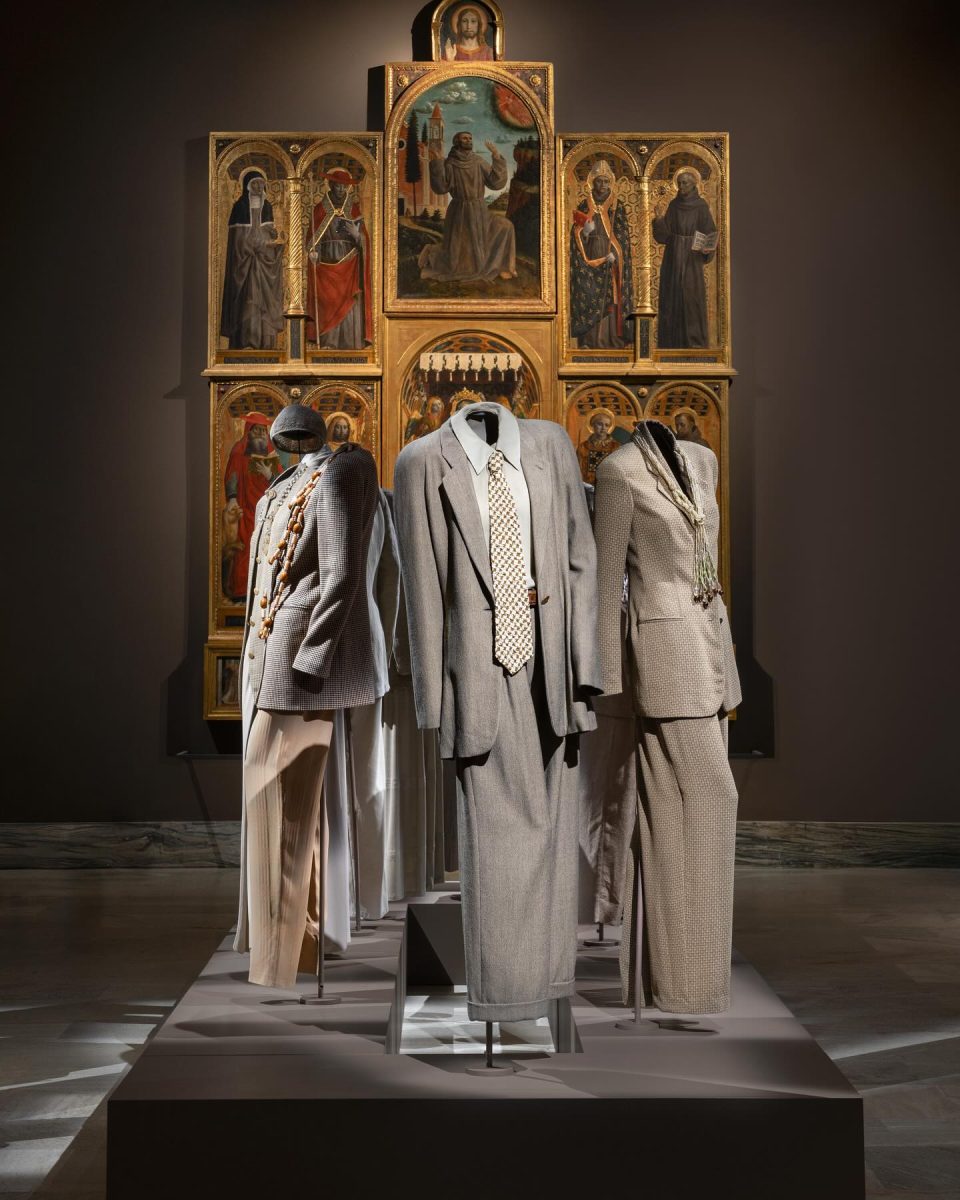‘Where do we go from here?’ webinar addresses racism and inclusivity
February 24, 2021
C. Anthony Hunt, Ph.D., an interpreter of Howard Thurman and Martin Luther King Jr., presented “Where Do We Go from Here? Howard Thurman, MLK and the Beloved Community Today” on Tuesday night via Zoom.
Hunt and a panel of Erie respondents, moderated by the Rev. Dr. Charles Mock, pastor of Community Missionary Baptist Church and past president of Inter-Church Ministries of Erie County, discussed racial justice and inclusivity in the social context.
COVID-19 and its effects on structural racism were analyzed in relation to King and Thurman’s teachings. Both were prominent religious and civil rights leaders and emphasized nonviolent methods of bringing about systemic change.
According to Emily Lynch, a freshman theater design and technologies major, King’s nonviolent message is still very relevant today.
“It was very insightful to think about how Mr. Luther King’s work was not only important when he was alive, but how we approach the subjects today,” Lynch said. “From King, we can learn how to be anti-racist and confront the challenges of that today.”
Aaron Kerr, Ph.D., associate professor in the philosophy department, racism is a transcendent issue that requires a transcendent solution.
“White privilege and racism are spiritual problems and they affect all aspects of our social context,” Kerr said. “A response, then, must also be spiritual.”
Kerr also said that the teachings of King and Thurman aid in processing difficult situations, especially those surrounding racism and civil rights.
“Both Howard Thurman and his student, Dr. Martin Luther King Jr., help us to appreciate the intellectual and emotional fabric of crisis, but importantly provide the intellectual and spiritual resources to edify what is possible for inclusive community,” Kerr said.
In planning the webinar, Kerr said those involved sought input from practitioners in Erie who are experienced in dealing with injustice and inequity. This is a vital part of philosophy, and a liberal arts education as a whole.
“When we do learn and appreciate those daily obstacles, we can begin to mark our own experience with a deep connection with the experience of others,” Kerr said. “Both the pandemic and the crisis of racism illuminate the abiding relevance of the existential questions we ask in philosophy: the meaning of education itself, what justice is, how might I know the truth and how should I live my life?”






